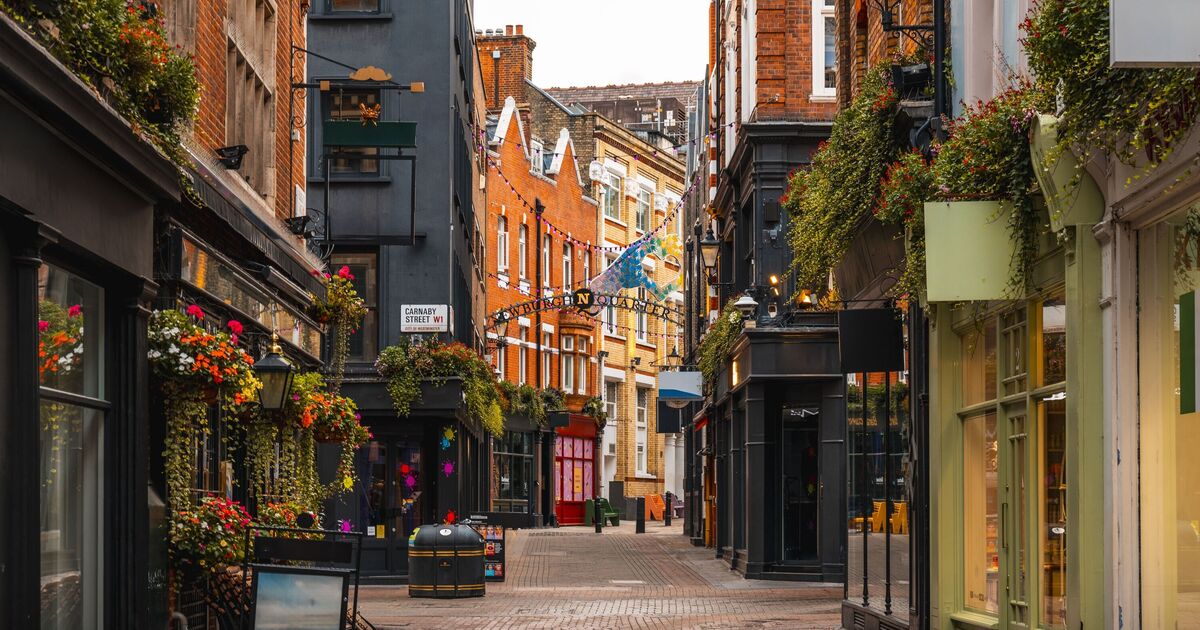A tourist tax is a way for governments to generate revenue from tourists or the tourism industry. The concept of a tourist tax isn’t new and has long been the norm for many European countries including Italy, Spain, Germany and Greece. In the UK, Wales will be introducing a tourist tax, or visitor levy in April 2027 with Scotland planning to also introduce a tourist tax in some areas as early 2026.
The amount paid is a small daily fee that’s added to a person’s accommodation bill that’s typically charged per person, per night and is becoming more common, particularly in popular destinations that experience high footfall. A London tourist tax is an additional fee charged to visitors, typically added to accommodation costs.
The UK’s capital city is no stranger to exceedingly high footfall with London welcoming roughly 30 million tourists annually.
With such high tourist numbers and tourist tax becoming increasingly more common could this mean London will be charging all those to visit and where exactly will the government spend this undoubtable chunk of money?
According to Euro News, British officials estimate roughly £240.2 million (€285m) could be made from tourist tax in London could be made from tourist tax in London annually if the reported 5 % tourist tax is imposed.
Whispers of a tourist tax began towards the end of 2024 with the Mayor of London, Sadiq Khan admitting he was “happy to look into” and began discussions about the possibility of a tourist tax imposed in London’s hotels.
The mayor stated he would be examining the situation in Manchester first, where similar charges have been introduced, as well as looking at other European cities where tourist tax has been the norm.
But not all are pleased with a trade body that represents the hospitality sector known as UKHospitality warning this move would be “extremely damaging”.
Deepak Shukla, CEO of Pearl Lemon Adventures, a London-based travel and tourism company, echoed these concerns and said: “Tourists are going to be more accepting of the tax if they can understand where it is being spent.”
Westminster have called London the “Wild West” of Airbnbs with councillors saying more than 10,500 homes were being used as holiday lets.
There are also reports that residents in one mansion block close to Hyde Park host more guests per night than The Ritz.
Short-term lets in London only serve to make living in the city even more expensive with rent prices continuing to skyrocket.
There’s also concerns about London’s congestion, the highest in Europe and how tourist tax may help tackle this issue but according to Shuckla it’s also “not without its problems.”
London also has the most congested roads in Europe, with analysis by analytics company Inrix finding drivers in the capital spent 101 hours sitting in traffic in 2024.
